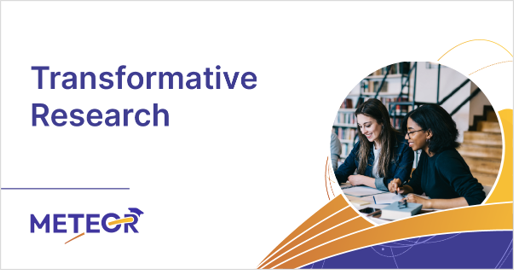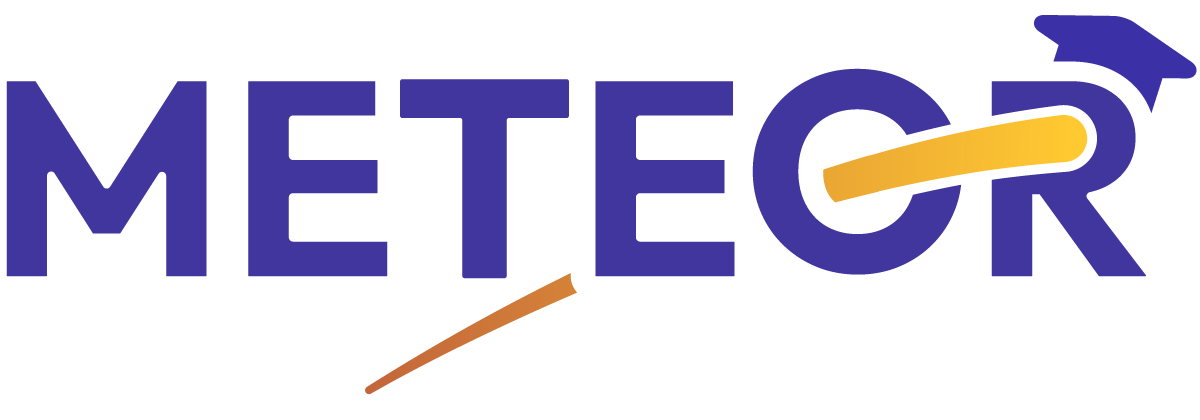
A. Transformative Research
Welcome to the Transformative Research training resource, where we will introduce the overall concept and principles of METEOR!
The purpose of METEOR is to foster transversal skills among doctoral students and postdoctoral/early-career researchers. We believe that this requires attention to issues beyond the usual academic concerns of addressing ‘gaps’ in research, agonising over methodology and publishing papers in niche journals. While the research community is under pressure from many directions, the existential crises of climate change, biodiversity loss, and ongoing international conflict mandate that research must contribute to transformative change that transcends the narrow confines of much traditional research. The term ‘eco-outwards’ in our project title reflects this.
However, not every piece of research can contribute directly to mitigating ecological stress, nor is it required to. We recognise the need to preserve academic freedom and the importance of fundamental or basic research. The idea of transformative research is as much about enhancing transdisciplinary and novel perspectives in the individual as it is about choices of research topic – of challenging ingrained views and unquestioned assumptions about research, and about doctoral research in particular.
As doctoral students, you are at times under immense pressure, and have reached what is the peak of educational attainment. There may be an expectation that this training should lead to further research or academic employment. But a PhD and other types of doctoral-level training provide qualifications that may be of value outside one’s field of academic research. METEOR is designed to highlight and foster the transversal skills acquired through a PhD; to strengthen a set of skills and a dexterity of mind that constitutes a significant asset of most European PhD. training.
To achieve this, a key part of the METEOR model is that you will be working in what we call “Peer Mentoring Groups” (PMGs). A peer mentoring group means that we expect all participants in the groups, and by extension all our groups as one ecosystem, to support each other and to learn from their interactions. in the context of external challenges and an ever-changing political and policy landscape.
This training resource is secondary to the interactions you will have in your mentoring groups and elsewhere as a result of METEOR. It is designed to be provocative, and many of you may have doubts about its approach and how it might affect your own trajectories. But there is no meaningful research without critical reflection. Enjoy the resource, feel free to add your own contributions via the forum, and most of all, discuss!

